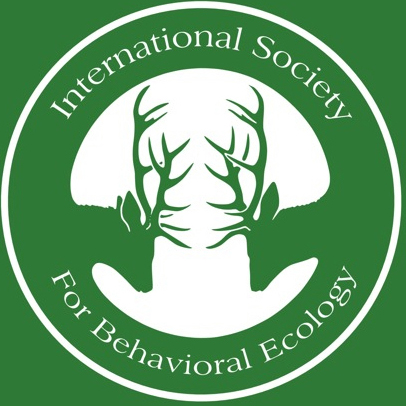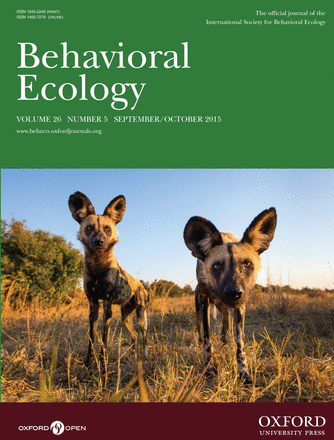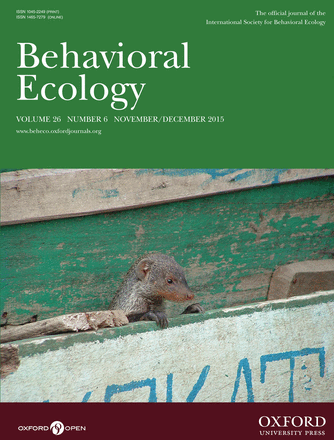About Behavioral Ecology
Bringing together significant work on all aspects of the subject, Behavioral Ecology is broad-based and covers both empirical and theoretical approaches. Studies on the whole range of organisms, including plants, invertebrates, vertebrates, and humans, are included.
Behavioral Ecology construes the discipline in its broadest sense to include:
The use of ecological and evolutionary processes to explain the occurrence and adaptive significance of behavior patterns and life history strategies;
The use of behavioral processes to predict ecological patterns, and
Comparative analyses relating behavior to the environment in which it occurs or investigating the pattern of evolution.
The mechanisms underpinning costs and benefits of variable behavioural or life history strategies.
Behavioral Ecology is the official journal of the International Society for Behavioral Ecology and is published bimonthly. All individuals and student subscribers to Behavioral Ecology automatically become members of the Society. For more information see the subscription information.
For enquiries relating to the Behavioral Ecology journal, please contact the Editor-in-Chief, Louise Barrett at louise.barrett@uleth.ca
Read more about the journal on the Oxford University Press site including impact factor, ranking & abstracting & indexing services.
Reports From The Editor-In-Chief,
Behavioral Ecology
Following the Society's biennial meetings, it has become a tradition that the Editor-in-Chief (or previously the most senior editor) prepares a report on the state of our journal Behavioral Ecology.
This report is published in the fall edition of the Newsletter following the meeting. Typically, these reports highlight current trends in the journal, as well as future directions the journal will take. In recent years, with the institution of a formal Editor-in-Chief (EIC) position, the full report is prepared by the outgoing EIC as the final act of office, and the newly appointed incoming EIC prepares a short piece that details the plans to be instituted in the next two year period.
These reports can be found in the Society's newsletter, or below.
Developing countries initiative
As a mission-led, university press publisher, Oxford University Press strives for maximum impact and dissemination worldwide, with fair and sustainable pricing according to prevailing market conditions. As such, OUP is committed to ensuring that non-profit research institutions in developing nations have access to critical research, including those within the field of behavioral ecology. OUP participates in a number of free or heavily-reduced rate developing country access initiatives, including INASP, EIFL, and Research4Life, as well as our own Developing Countries Offer.
Interested in learning more about applying for the Oxford Developing Countries Program and receiving access to Oxford journals, such as Behavioral Ecology, and online products at your institution? Click here.





